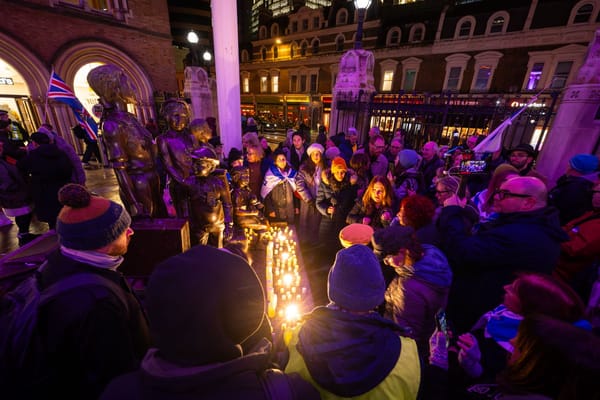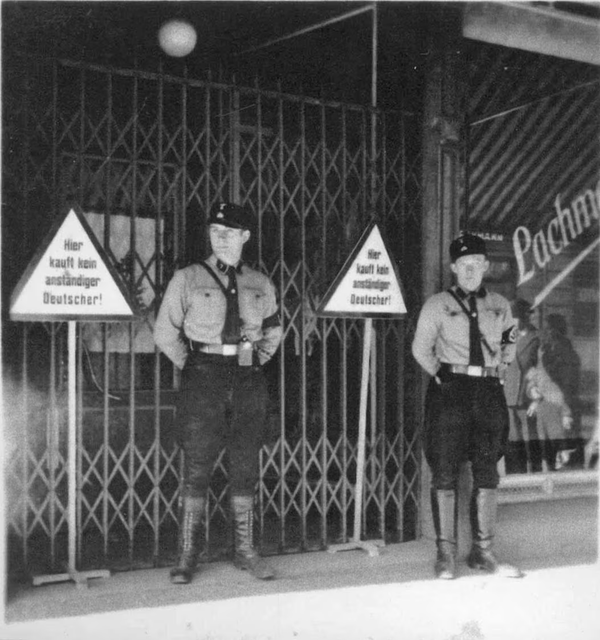A Misused Commemoration: Kristallnacht and Political Opportunism
Sabine Beppler-Spahl writes that German politicians who once vowed to protect Jewish life, are failing to combat modern anti-Semitism. Whilst leaning on the moral significance of the Holocaust for their own ends, they ignore the growth in anti-Semitism amongst both Islamists and the radical left.

On November 9, 1938, synagogues burned across nearly every German city. Jewish-owned shops were looted, and Jews were hunted through the streets and murdered. Kristallnacht — or The November Pogroms — remain the turning point in Holocaust history, the moment when discrimination and exclusion, practiced since 1933, escalated into systematic persecution and extermination. That night served as the official signal for the destruction of European Jewry.
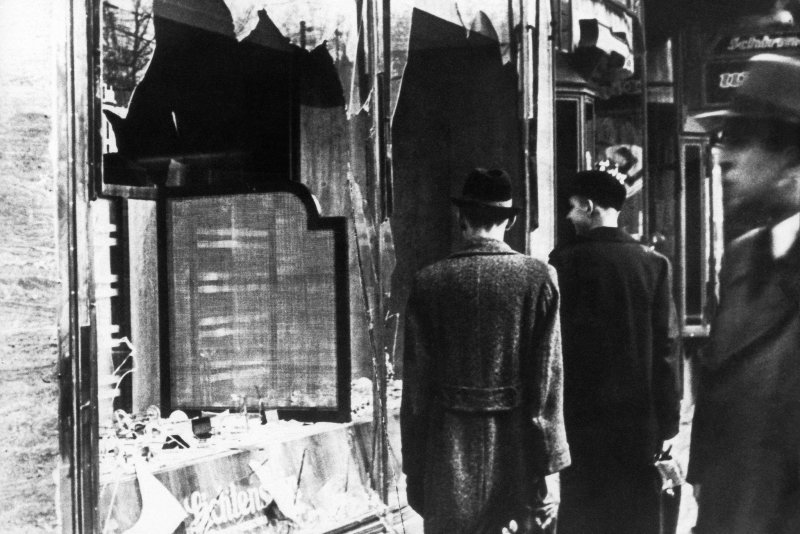
The 87th anniversary could have been a day of solemn reflection and remembrance. Instead, our politicians exploited it once again to advance their own agendas.
The most glaring example was German President Frank-Walter Steinmeier's speech on this anniversary.
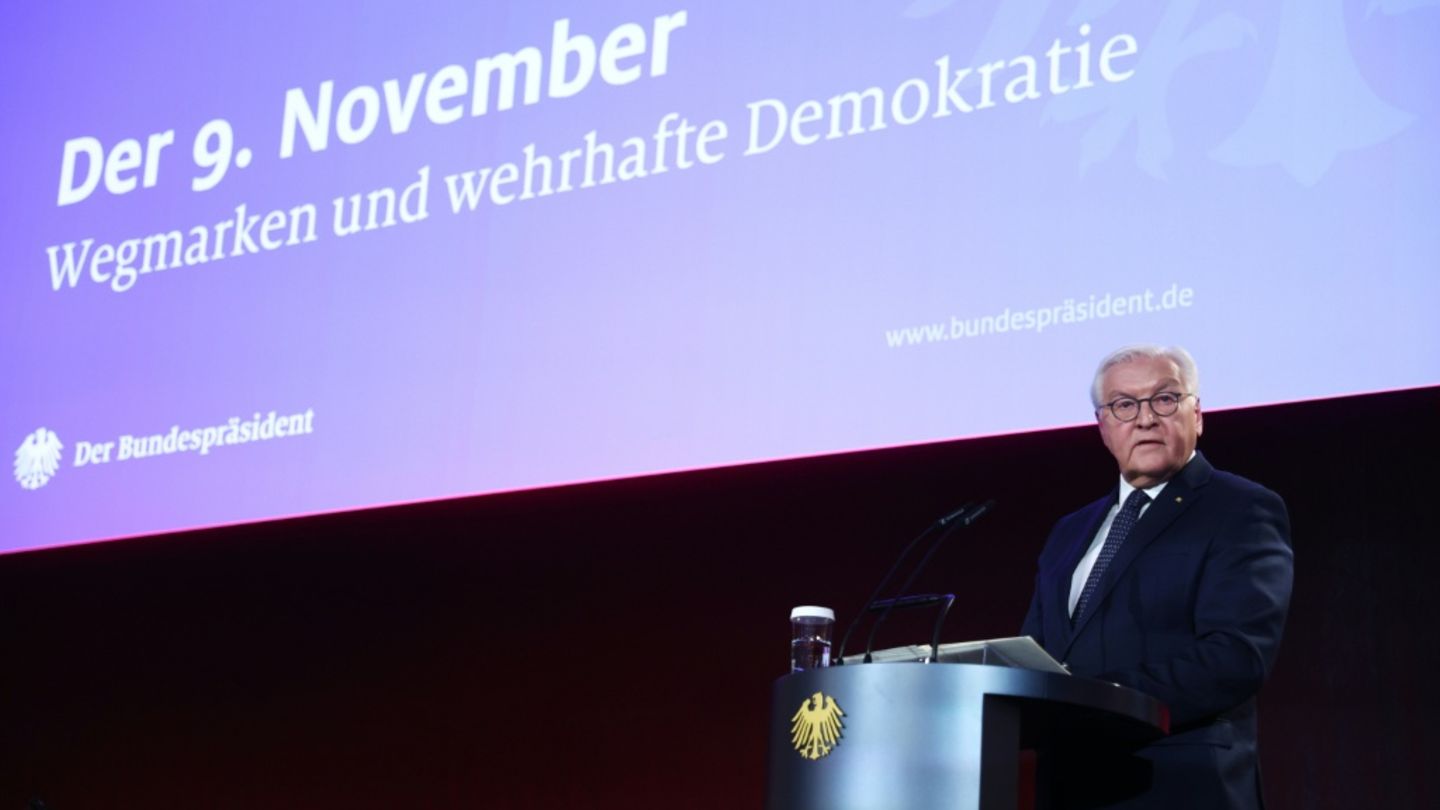
Rather than focusing on history, he prioritised what he considers the paramount threat of our time — the populist challenge. His message was predictable: democracy and freedom in reunified Germany face unprecedented attack; right-wing extremist forces threaten our democracy while gaining popular support; there must be no cooperation with extremist parties, and so on.
This speech exemplifies how unreliable our politicians have become in the fight against anti-Semitism.
Islamist and Radical Left Anti-Semitism
Frankly, silence would have been preferable. Although the president dutifully acknowledged rising anti-Semitism in Germany ("87 years after the pogroms of November 9, 1938, anti-Semitism is not back — it never left"), and even noted that since the Islamist Hamas attack on Israel on October 7, 2023, anti-Semitism has "skyrocketed", he still lacked either the courage or the focus to identify the sources of this surge: Islamist and radical left-wing forces. The media narrative that emerged predictably placed blame exclusively on the right.

The great tragedy of our time is that Germany — whose politicians once vowed to protect Jewish life — is failing to combat modern anti-Semitism. The reason is clear: our politicians habitually exploit the Holocaust's unique historical significance to bolster their own moral authority.
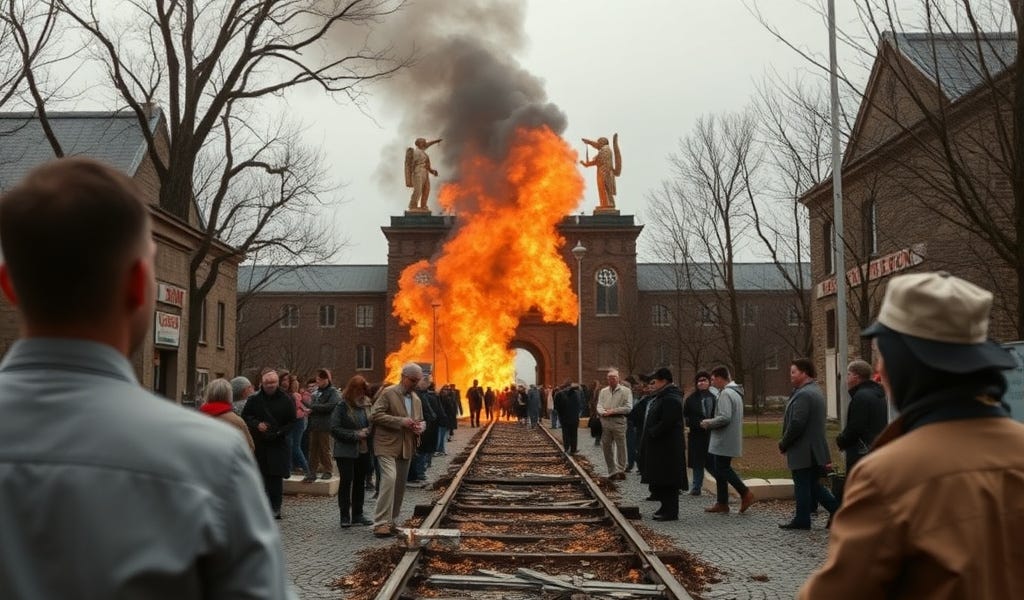
Barely a year has passed since Berlin's police chief advised Jews to exercise caution in public spaces, warning of:
certain neighbourhoods where the majority of residents are of Arab origin and sympathise with terrorist groups.
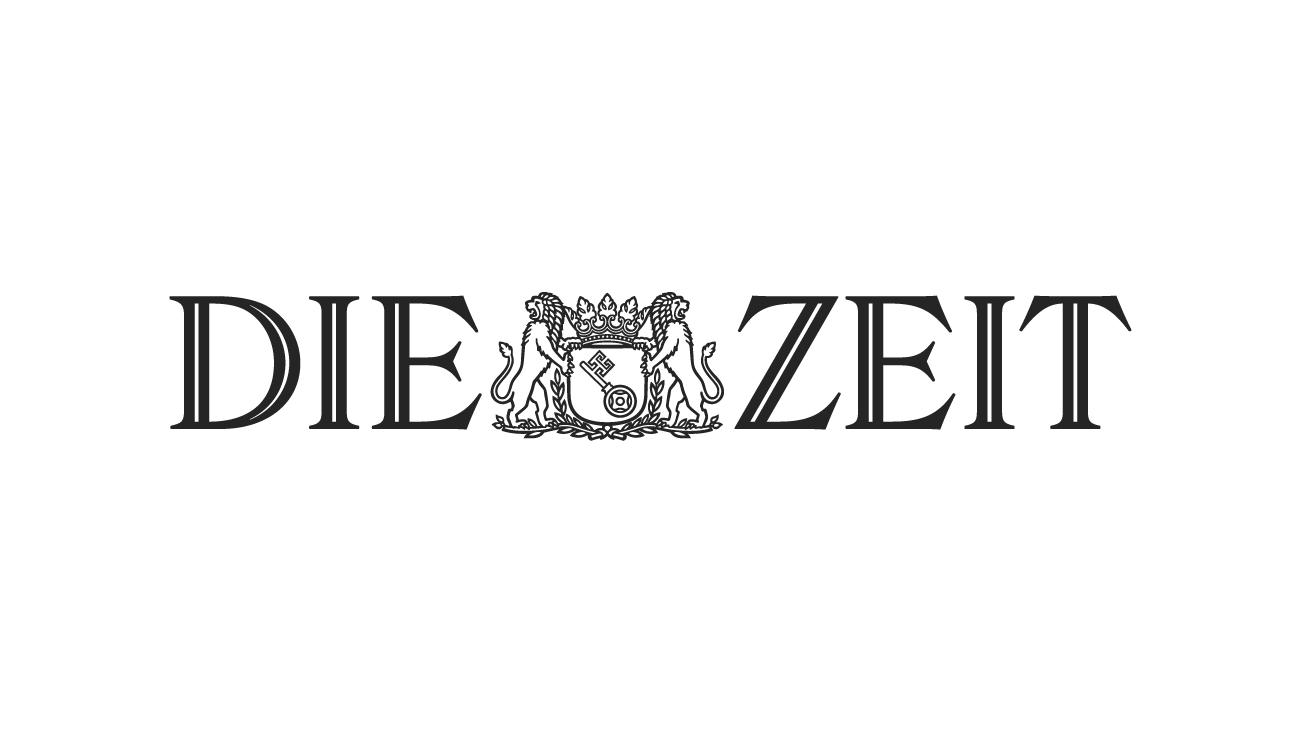
Recent statistics reveal a "drastic increase" in anti-Semitic crimes — nearly 9,000 incidents in 2024 alone, averaging almost 24 per day. This vindicated her warning entirely. These incidents range from harassment and verbal abuse to severe physical violence.
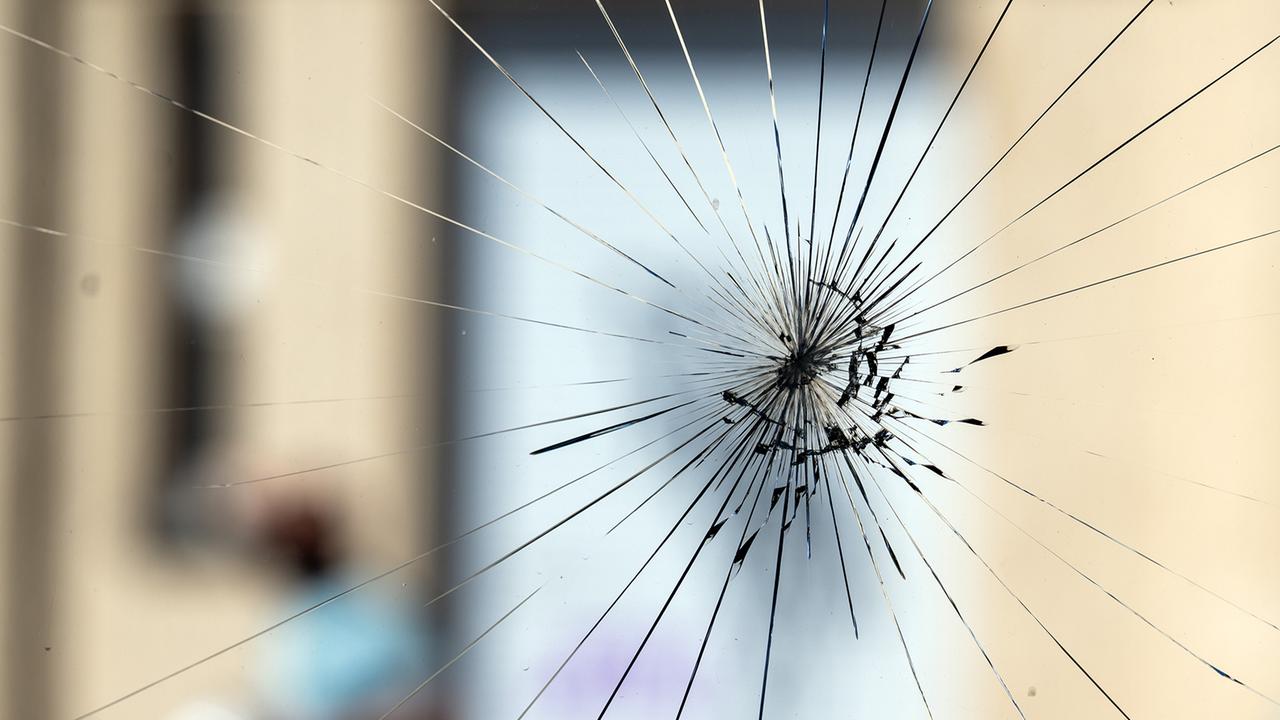
The danger facing Jews in Germany today is starkly evident: anti-Semitic mobs now openly celebrate Jewish deaths. What began on October 7, 2023, in Berlin's Neukölln district — when residents organised street parties and distributed sweets to passersby — has continued unabated. For months, anti-Israel mobs have marched through German streets chanting slogans like "Death, death to the IDF".
In October, a prominent anti-Israel activist celebrated Yahya Sinwar at a Berlin demonstration — his declaration that the dead former leader of Hamas was a "fighting martyr" was met with cheers from the crowd. This same individual had recently been welcomed as a guest speaker by the German Left Party – and even by Amnesty International.
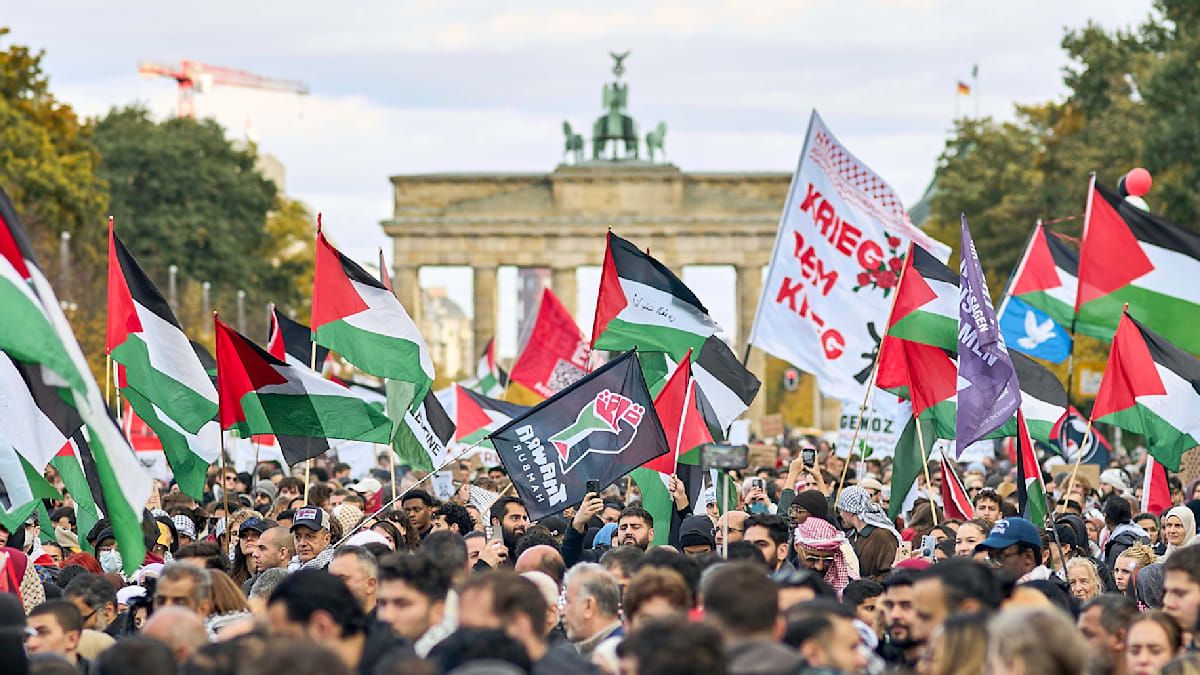
Ignorance of the Holocaust
Compounding this threat to Jewish life is another disturbing development: the younger generation's growing ignorance about Holocaust history.
Earlier this year, a Jewish Claims Conference survey of young Germans made headlines. Among respondents aged 18-29, approximately 40 per cent did not know that six million Jews were murdered during the Nazi era. Fifteen per cent believed fewer than two million had been killed. Two per cent of those surveyed denied the Holocaust occurred at all.
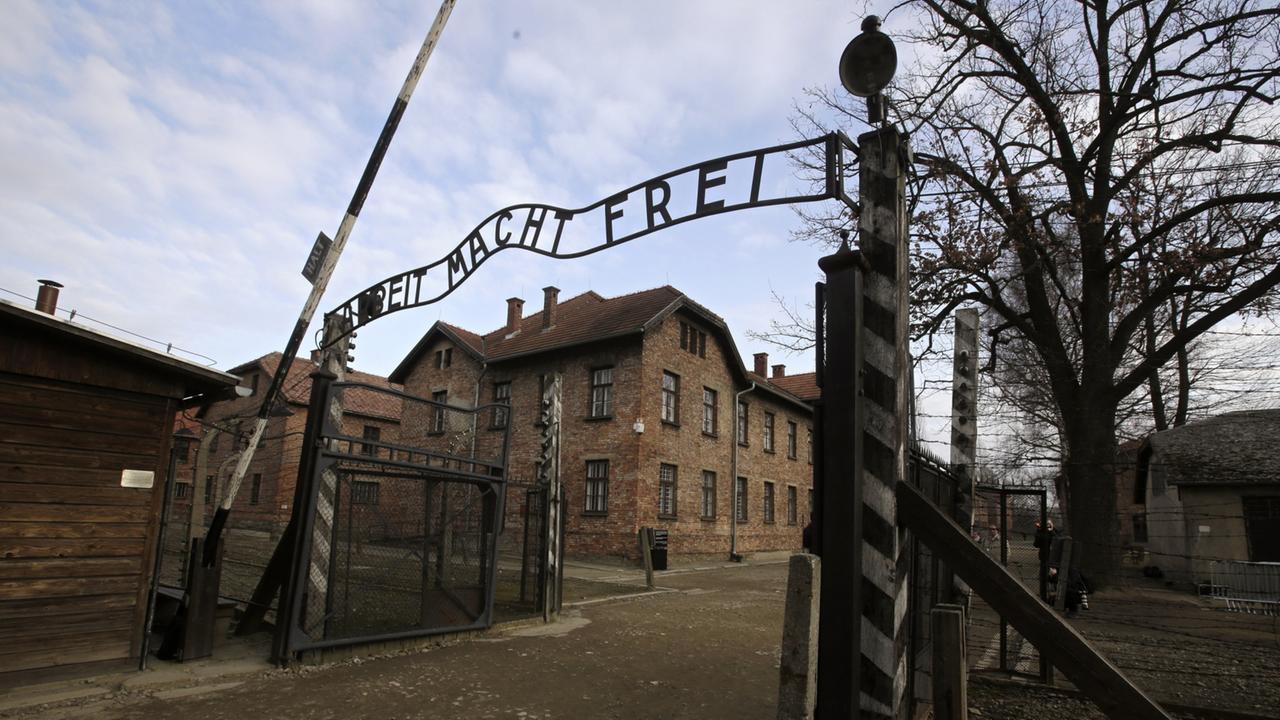
Given these figures, we can safely assume that most of these young people know nothing about the November Pogroms either. Even the fundamental fact that anti-Semitism was central to Nazi ideology likely remains unknown among increasing sections of German youth.
This may seem surprising at first glance — few countries have ostensibly worked as hard as Germany to reckon with their past. However, historical reckoning that strips events of context while deploying them for cheap moral and political campaigns (including attacks on large segments of the population, as when Steinmeier berated voters for supporting populists) is not merely useless — it is actively harmful.
On the night of November 9th to 10th 1938, over 1,400 synagogues and prayer rooms were destroyed. More than 7,500 Jewish shops smashed and looted. And — according to the latest research — over 1,500 Jews murdered, and countless others injured and raped.
The president should have simply reminded people of these facts. Perhaps he could also have highlighted the murderous forms that anti-Semitism has repeatedly taken — and continues to take today, as demonstrated by the October 7 pogrom and the pro-Hamas celebrations (masquerading as Palestinian solidarity) on our streets.
Unfortunately, we cannot trust most of our politicians to demonstrate such courage at this moment. That is why we must demand honest and rigorous history education in our schools; every young person in Germany should learn about the November Pogroms and its consequences at least once. And we should demand an end to public commemorative events — the risk of political exploitation, with its detrimental effects, has simply become too great.









